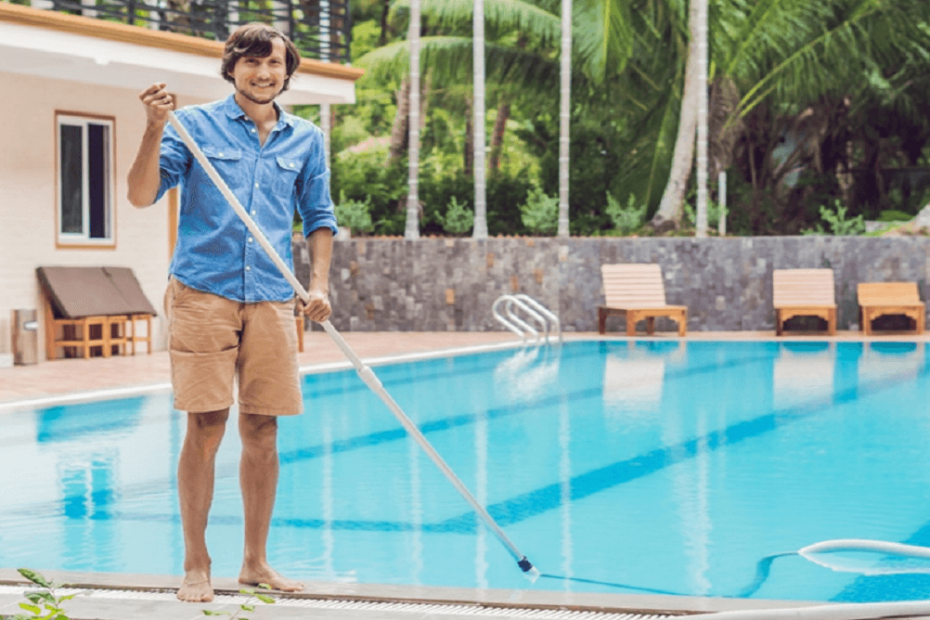There are over 10 million swimming pools in the U.S.
Swimming pools are an amazing place to relax and enjoy yourself. They are also a great place to have fun with friends and family.
But pools can also be dangerous places. Swimming pools are full of water, which makes them a breeding ground for bacteria and more.
Pool maintenance is the first step in keeping your pool safe. Pool cleaning, chemical balance, and water circulation can be the difference between a safe pool and a dangerous one.
If you are looking for a quick and easy pool care cheat sheet, this short and simple guide is for you.
Monitor Your Water Level
Keeping your pool water at the proper depth is essential to keeping it clean and safe.
If your pool is too shallow, you risk someone falling in and injuring themselves. But if it’s too deep, debris may hide under the surface.
If you’re not sure what the proper water level is, consult your owner’s manual or ask an expert.
Run Your Pump Regularly
If you have a pool pump, make sure it’s running regularly.
If you don’t have one, consider adding one to your home or installing an automatic timer that will turn on the pump when needed. The pump will help circulate water and filter out dirt and debris from entering your pool.
If your pump is not running, water can become stagnant and develop a murky appearance.
Check for Leaks
If you notice water outside your pool, there may be a leak.
Check the walls and floor of your pool for signs of moisture or discoloration. If you find water, it’s important to fix the leak as soon as possible.
If you can’t locate the leak, contact floridaleak.com for help.
Maintain Your Filter
A pool filter is an important part of any swimming pool. It’s designed to catch dirt and debris that can harm your water or even make it cloudy.
It can also put a strain on other components of your pool and lead to costly repairs or replacements.
If you notice your filter is dirty, it’s time for a cleaning. You can do this by slowly vacuuming the dirt out of your pool or using a leaf rake to remove debris from the bottom.
Check the Chemical Balances
The pH level, alkalinity, and chlorine levels all need to be in balance for your pool to run smoothly.
If you notice your chemicals are unbalanced, this can cause a lot of problems with your water chemistry. Checking the chemical balances can be a time-consuming process, but it’s essential to keep your pool clean and safe.
Pool Care Cheat Sheet: Keep Your Pool in Good Condition
Following a pool care cheat sheet is a great way to make sure your pool is in good condition.
It’s important to keep your pool clean and properly maintained so that you can enjoy it for many years. The above guide will help you get started with the basics of swimming pool care.
For more pool tips and tricks, check out the latest articles on our blog.
